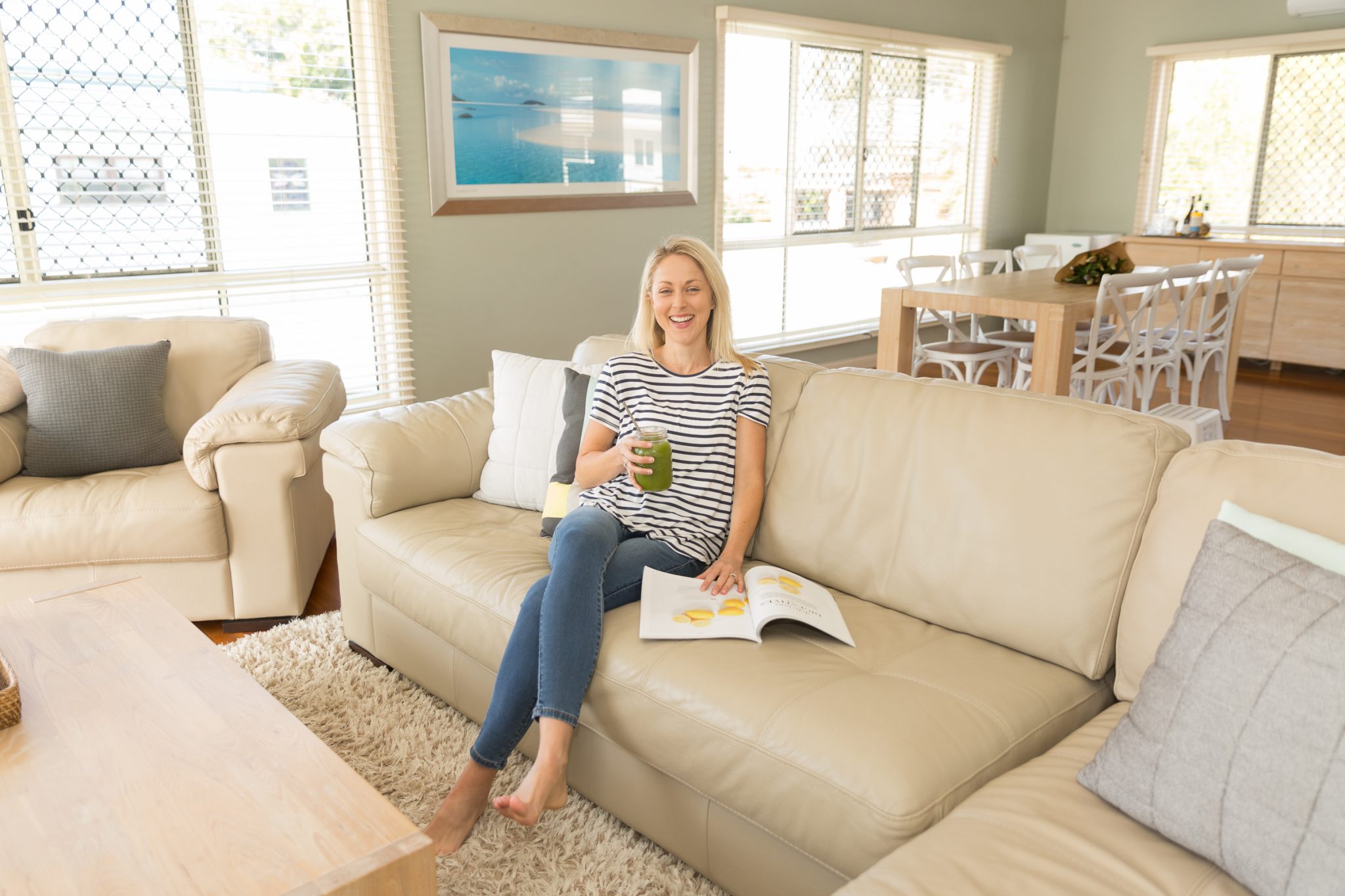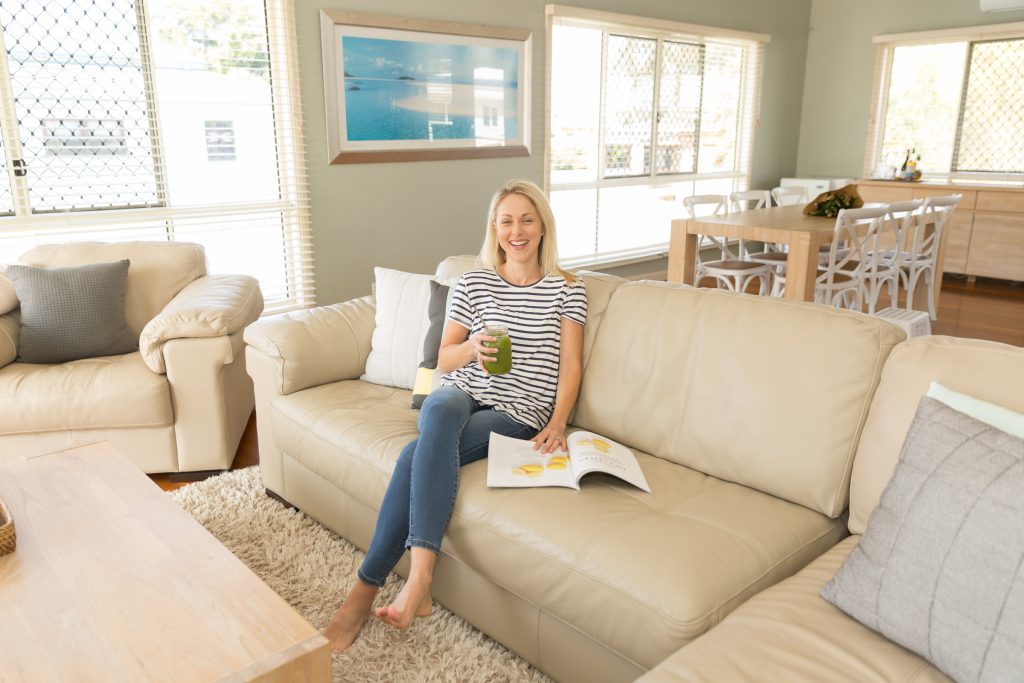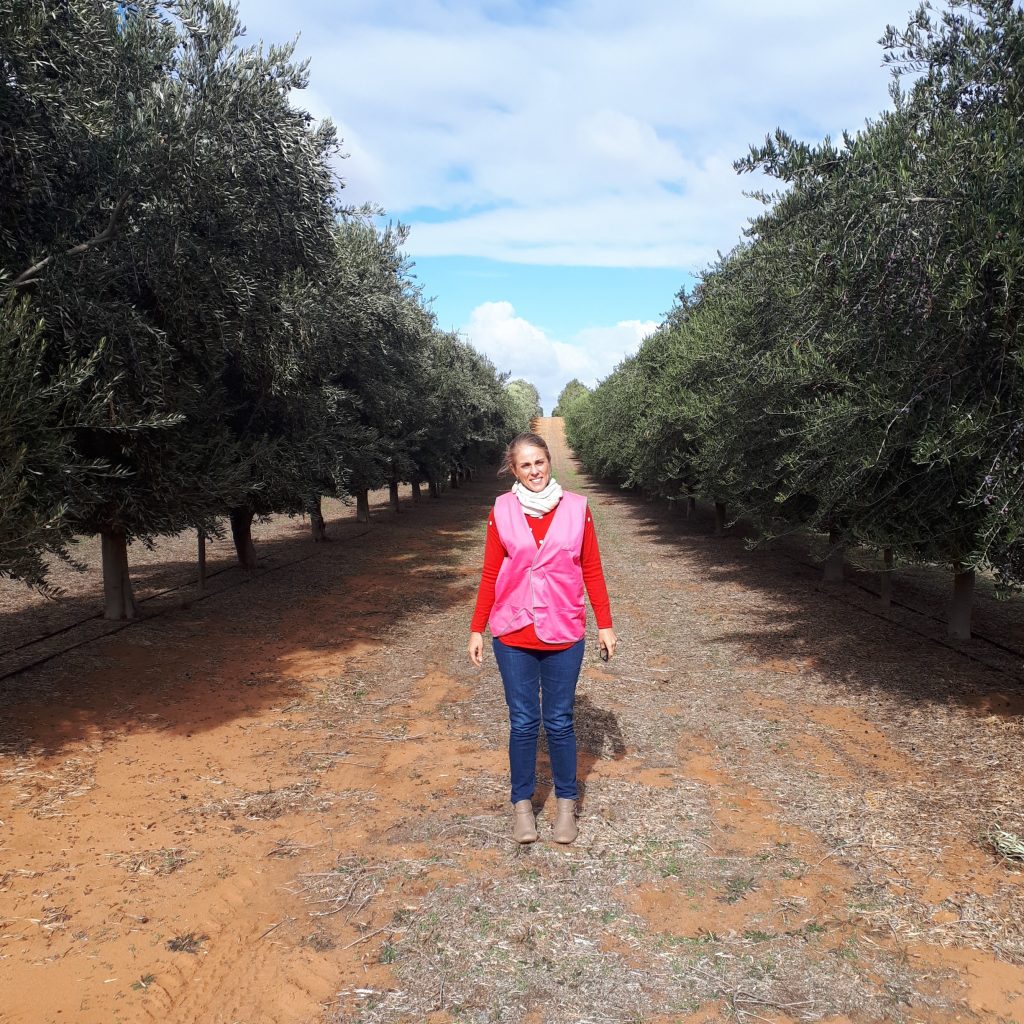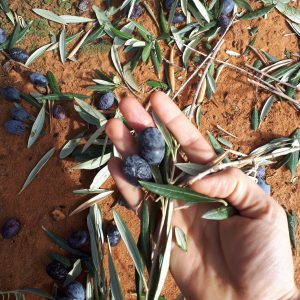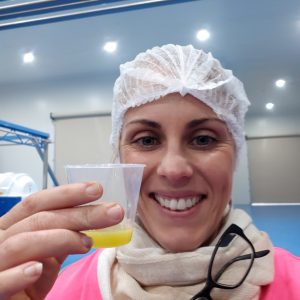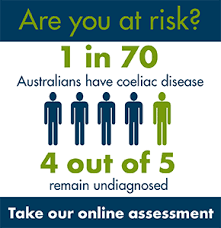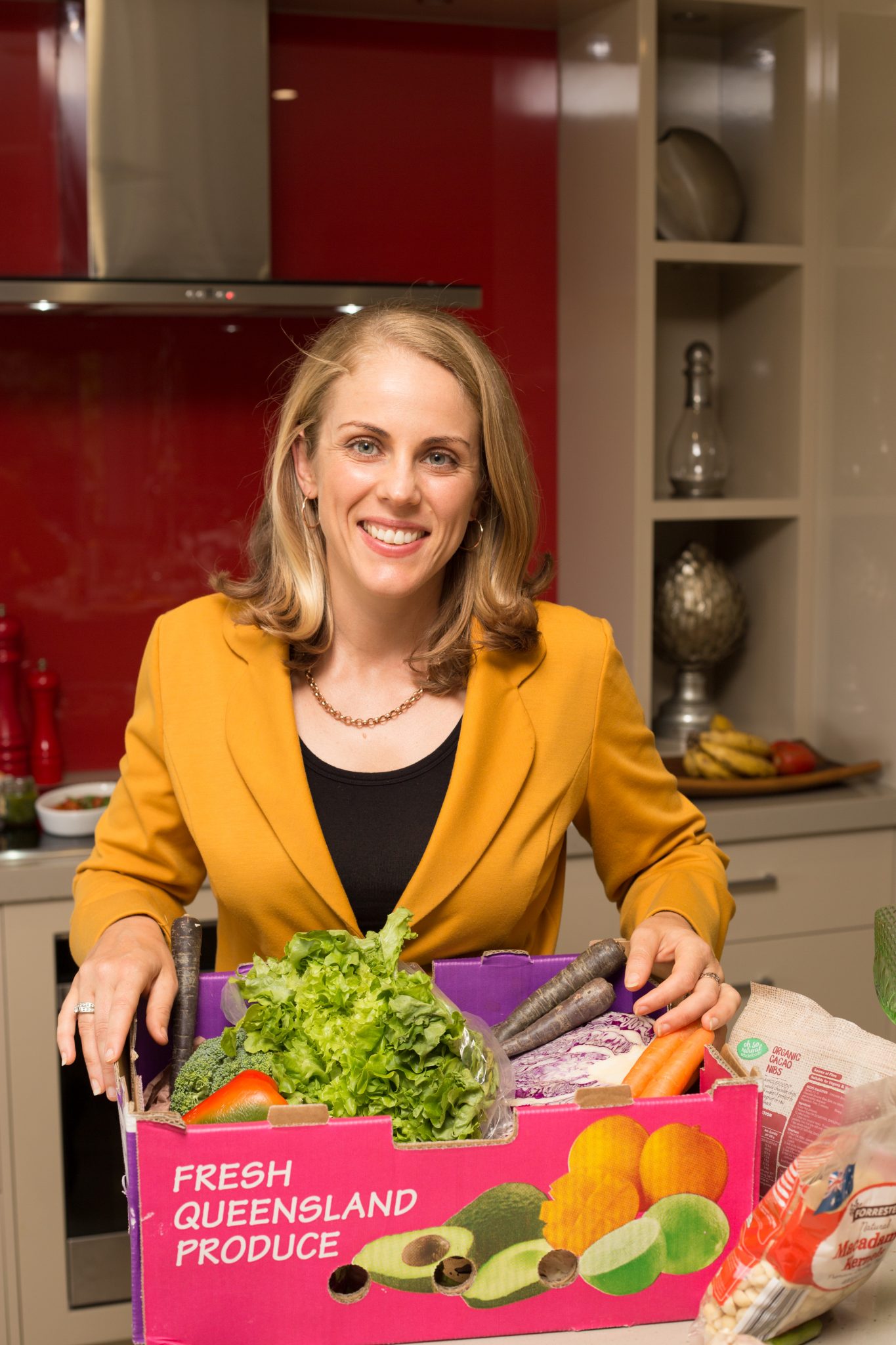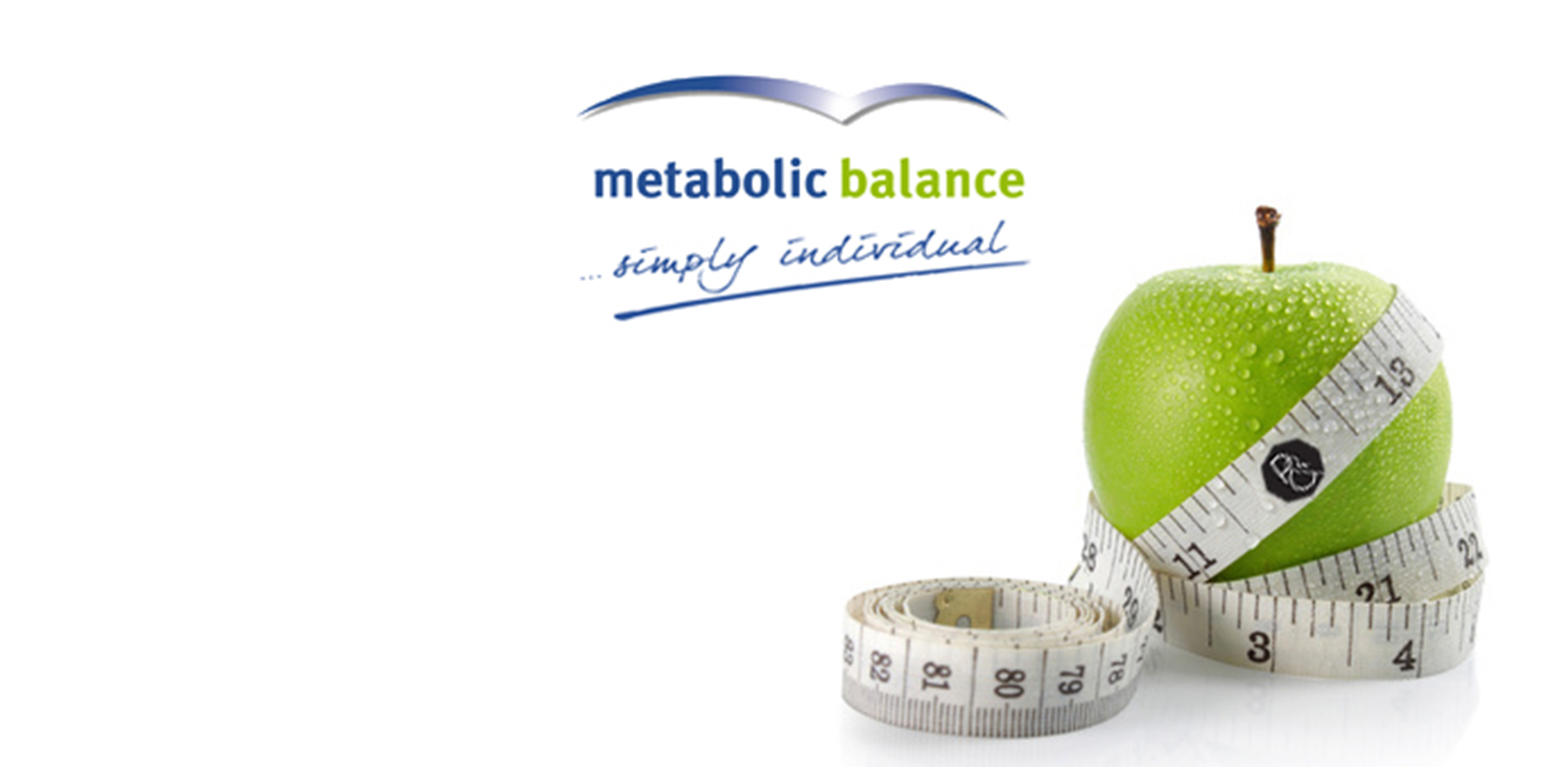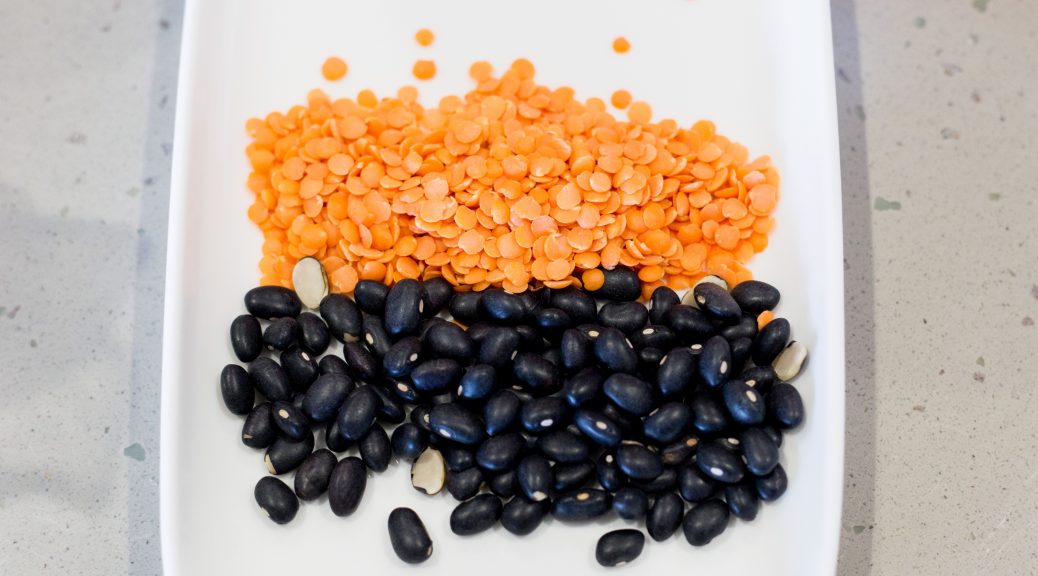Case Report: Asthma, Metabolic Balance and One Women’s Journey
This is a synopsis of the journey of a 41 year old, mother of 2, lifetime asthma sufferer who began her Metabolic Balance journey in November 2018.
The purpose of this report is to draw attention to the power of individualized dietary interventions in the presence of chronic, debilitating symptoms. This client presented with very low energy, severe asthma that had her relying on a puffer multiple times per day, recurring chest infections and an inability to lose weight. In just 10 weeks following her individualised Metabolic Balance program this client has regained energy, is no longer tied to her preventer medication and as a result has released over 10% of her body weight. In this synopsis the client will be referred to as ‘P’ for privacy reasons.
Presenting Concerns at initial consultation (November 2018): P has suffered from debilitating asthma since the age of 21. In the last 12 months, possibly as a result of significant stress, her asthma symptoms had become even worst. Without a puffer literally within arm’s reach, P would feel panicked and stressed. Her breathing struggles meant a good night’s sleep was impossible. Her condition added to the physical stress on her body and she felt exhausted all day long, everyday. Her asthma meant she was fearful to exercise too much because she was left so breathless. Despite trying multiple dietary changes, including the elimination of all dairy and gluten at times, her asthma symptoms had not improved in the past. Despite trying lots of different interventions, P had also struggled to maintain a healthy weight range for most of her adult life. P suffered from multiple chest infections a year and some mild bloating as well.
Based on initial, comprehensive blood work and measurements, health conditions and symptoms an individualised Metabolic Balance program was formulated, which P began in early November. In contrast to some of the popular trends that are emerging now P’s plan:
-Did not exclude all dairy! Although no cow’s milk products featured on her personalised program.
-Did not exclude bread! A small amount of non-wheat bread was actually recommended with each meal.
-Did not exclude coffee or tea, although this was to be drunk sans milk and sugar and in sensible quantities (maximum 3 per day)
-Did not exclude white potatoes!
-Did not exclude legumes.
-Did not exclude fruit, with 2 fruits allowed per day with meals (although the types of fruit were individually determined to suit)
Did:
-Ensure adequate hydration (individually based on body weight)
-Ensure 3 quality meals were consumed daily featuring protein / carbs as vegetables, fruit and starch / healthy fats
-Not allow snacking. Outside of the 3 nutritious meals, there was nothing else. Does the average, sedentary Aussie really need to graze constantly?
Follow-up and Outcomes:
Just 1 week into the program, all digestive discomfort including bloating had resolved. The biggest struggle was remaining hydrated with adequate water, having not been consistent with water intake in the past.
By 5 weeks into the program, P described her asthma symptoms as noticeable less severe despite some significantly wild, hot, dry weather, which would normally worsen symptoms. At this point, a 10kg total weight loss had also been noted. Hydration levels were good.
At 8 weeks into the program, P reported the program being a part of her routine. Despite Christmas and a family holiday, P had followed the main principles of the plan easily, no longer having issues with cravings and motivated because the way she felt. Easy to hit water intake; feeling like the body needed it and thirsty if she starts to slacken off.
At 10 weeks into the program, P was not experiencing any breathing difficulties at all and had not used any medication to manage asthma for weeks. With the burden of this condition off her shoulders, P was looking to bring in a regular exercise routine. Total weight released at this point was over 14kg, more than 7% of P’s total body weight.
P, for the most part, has felt satisfied on her program, only struggling with hunger sporadically.
P is now at the 11 week mark in her Metabolic Balance journey and has just completed her first week of consistent exercise, with 4 brisk walking sessions accomplished! Unfortunately, her asthma symptoms did return during her exercise sessions. However, she will persevere with these sessions consistently over the next 3 weeks. As her fitness improves, it’s likely the asthma will be less of a problem. Having literally always dreamed of being able to run, stepping the intensity up will be the next step on the journey after this first month of focusing on brisk walking sessions.
This synopsis of P’s journey has been written based on the CARE case report guidelines to ensure the synopsis is as objective as possible. This summary was prepared in consultation with clinical notes taken during consultations. P has read this report in full and confirms it’s accuracy as well as providing consent for it to be published.
The take home points for the reader include:
- Comprehensive and individualised nutritional prescriptions are a truly powerful solution to chronic and debilitating health conditions
- Food groups don’t necessarily have to be excluded. Exclusions of any whole foods should be based on an individual’s reaction to them – not on a societal level.
- When underlying health issues are resolved, the physical body is less stressed and inflamed, and true weight release occurs
- This was a supported journey and it wasn’t just about food. Long term health changes will only come when someone’s thoughts and feelings around food are also changed. New habits, a new lifestyle and new goals have been created which are only possible as a result of these health improvements.
The next information evening about the Metabolic Balance program is this Thursday the 7th of February, from 6pm here at the clinic. Please phone or email to register your attendance.
Read more about Metabolic Balance here.
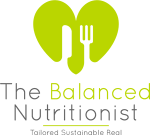
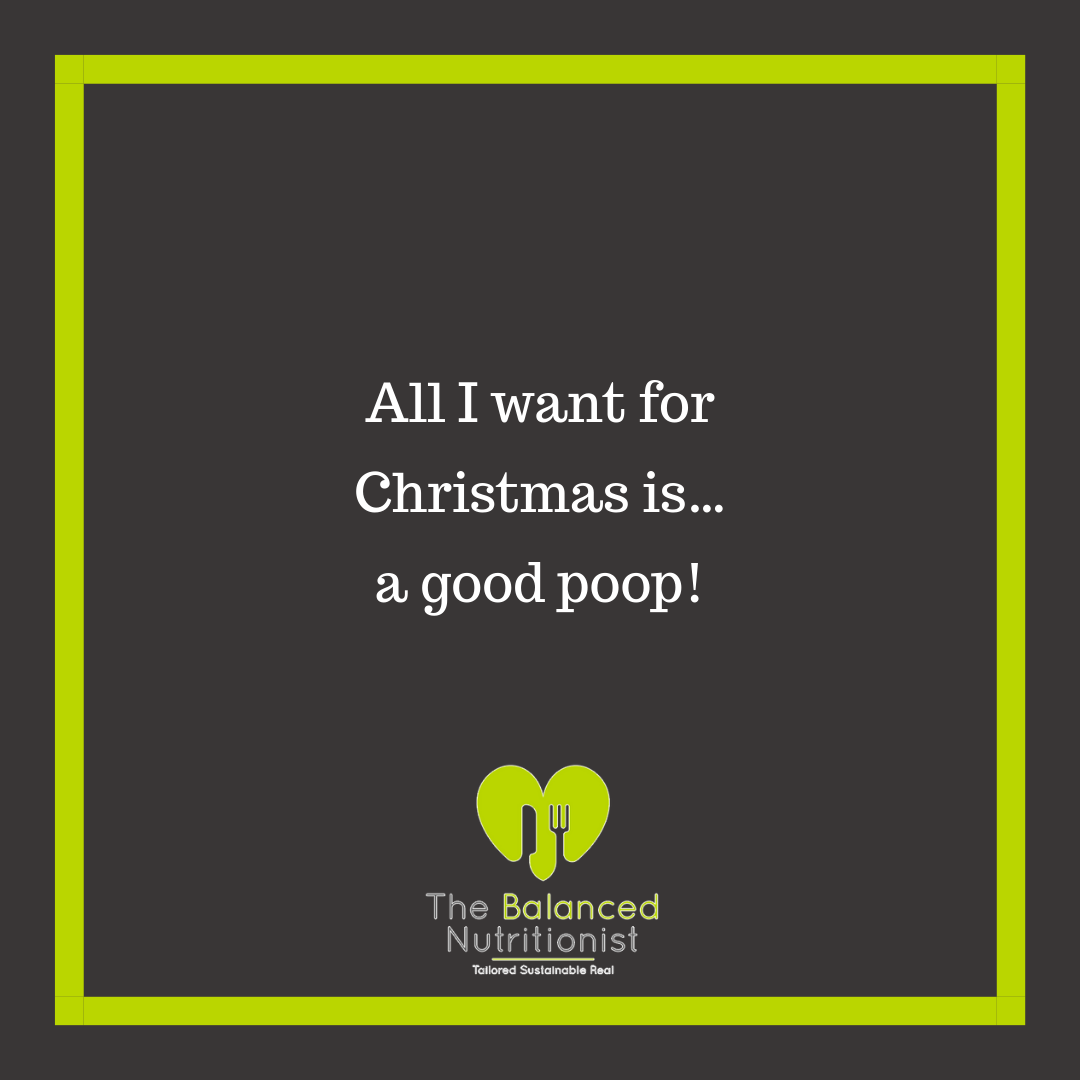


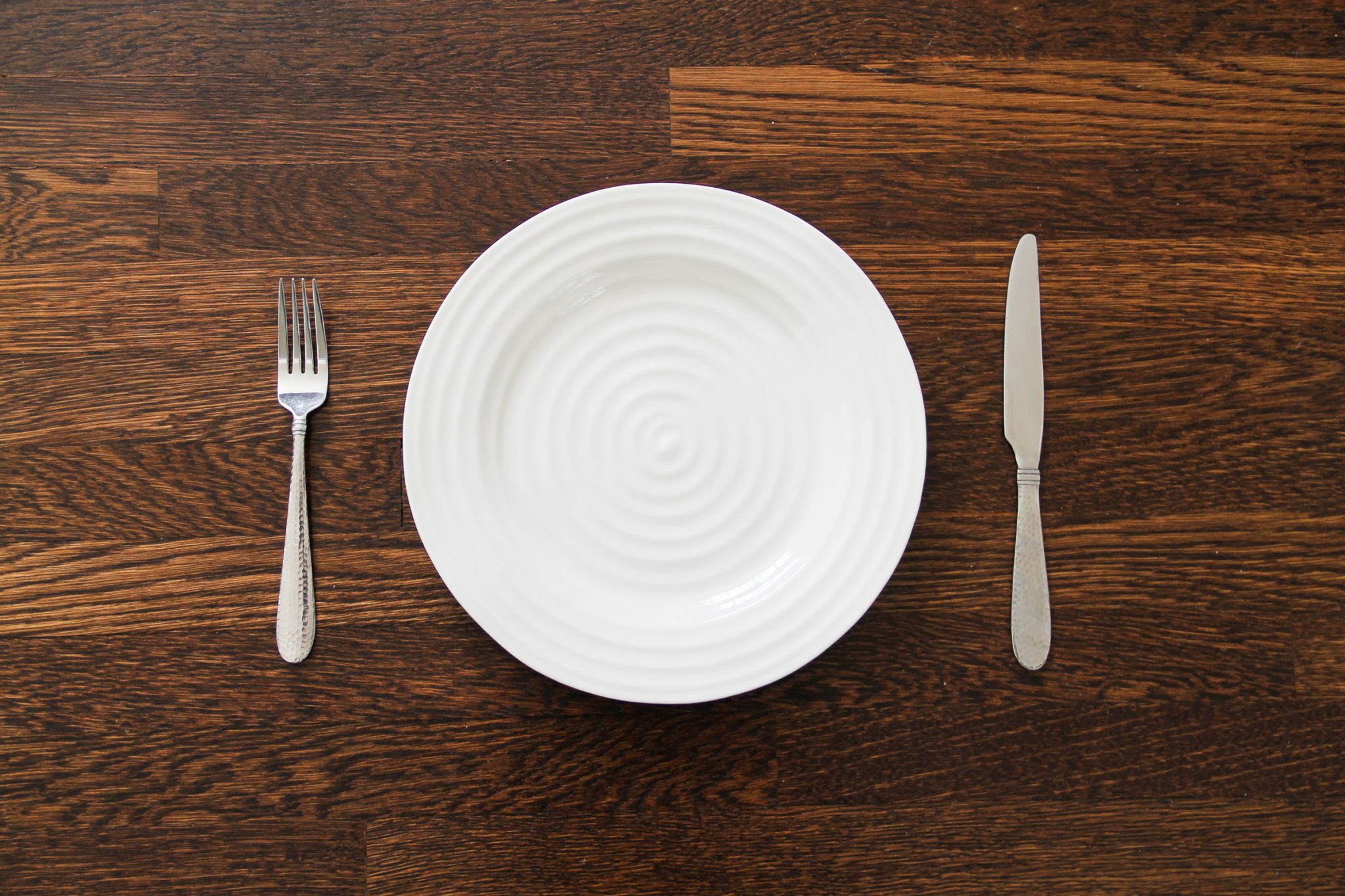
 Firstly. Let’s just say that writing a blog that is so blatantly about ‘weight loss’ isn’t really our cup of tea. We prefer to focus on ‘health’ because weight release will naturally follow ‘health’ but this precise question is quite literally coming at us from many new clients of late.
Firstly. Let’s just say that writing a blog that is so blatantly about ‘weight loss’ isn’t really our cup of tea. We prefer to focus on ‘health’ because weight release will naturally follow ‘health’ but this precise question is quite literally coming at us from many new clients of late.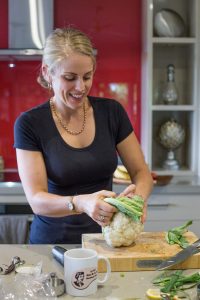 what it needs from the morning onwards… and watch as things fall into place over time?
what it needs from the morning onwards… and watch as things fall into place over time?